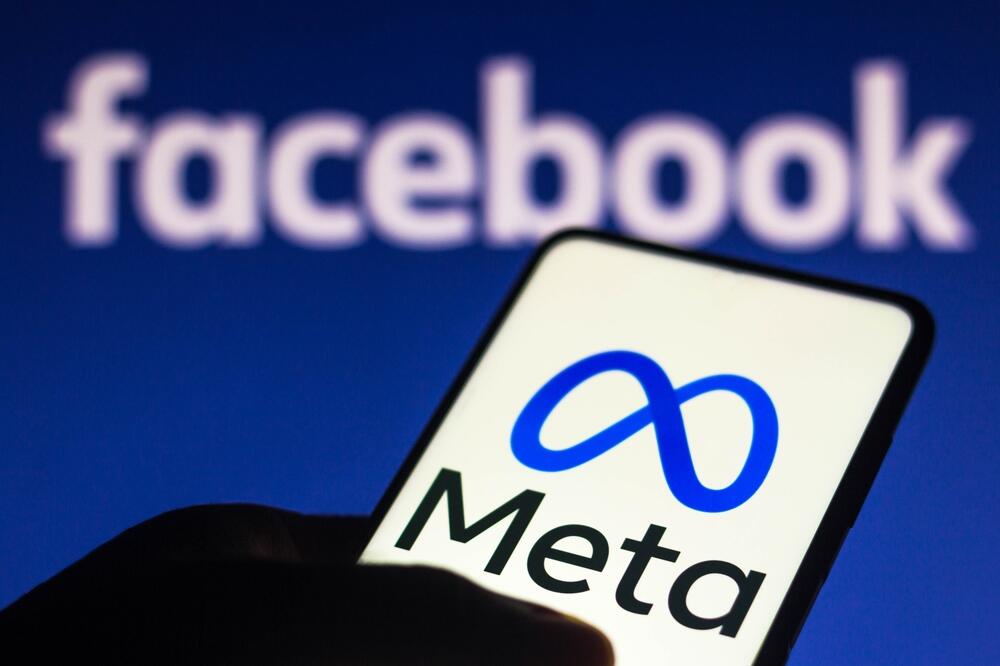Meta is working on detecting and tagging AI-generated images on Facebook, Instagram and Threads, the company said.
Photorealistic images created using Meta's AI imaging tool are already labeled as AI, but the company's president of global affairs, Nick Clegg, announced in the company's blog that they are looking to expand that field, the BBC reports.
Meta's AI images already contain metadata and invisible watermarks that can tell other organizations that an image was developed by artificial intelligence, and the company is currently working on new identification tools, looking to expand the use of tags for AI content in the next few months.
“As the distinction between human and synthetic content blurs, people want to know where the line lies… People are often encountering AI-generated content for the first time, and our users have told us they appreciate the transparency around this new technology. That's why it's important to help people know when the photorealistic content they're seeing has been created using artificial intelligence," he explained.
Clegg said that this possibility is being built and that the labels will be implemented in all languages in the coming months, reports N1.
In an interview with the Reuters news agency, he admitted that the technology "is not yet fully mature."
He pointed out that the new technology will not work for audio and video, despite the fact that this type of content is most often used to spread false information.
The company says it instead asks users to tag their audio and video posts, and that it "may apply penalties if they don't."
Clegg also acknowledged that it would be impossible to test text generated by tools such as ChatGPT.
"That ship has sailed," he told Reuters.
Bonus video:




